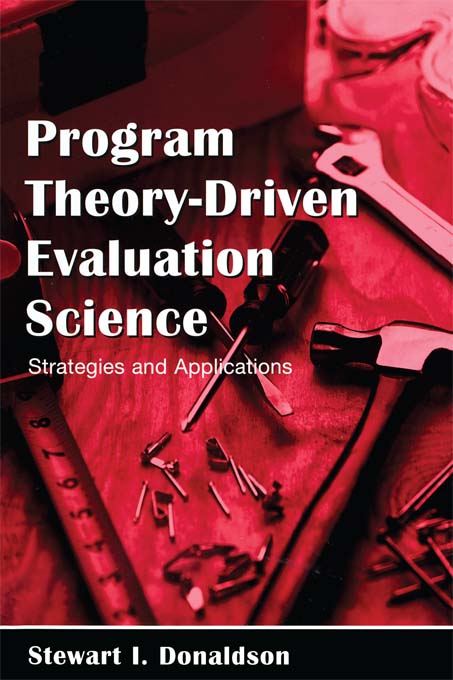This book uses meta-analysis to synthesize research on scaffolding and scaffolding-related interventions in STEM (science, technology, engineering, and mathematics) education. Specifically, the volume examines the extent to which study quality, assessment type, and scaffolding characteristics (strategy, intended outcome, fading schedule, scaffolding intervention, and paired intervention) influence cognitive student outcomes. It includes detailed descriptions of the theoretical foundations of scaffolding, scaffolding strategies that have been proposed to meet different intended learning outcomes in STEM, and associated efficacy information. Furthermore, the book describes assessment strategies and study designs which can be used to evaluate the influence of scaffolding, and suggests new fields in which scaffolding strategies that have proven efficacious may be used.












